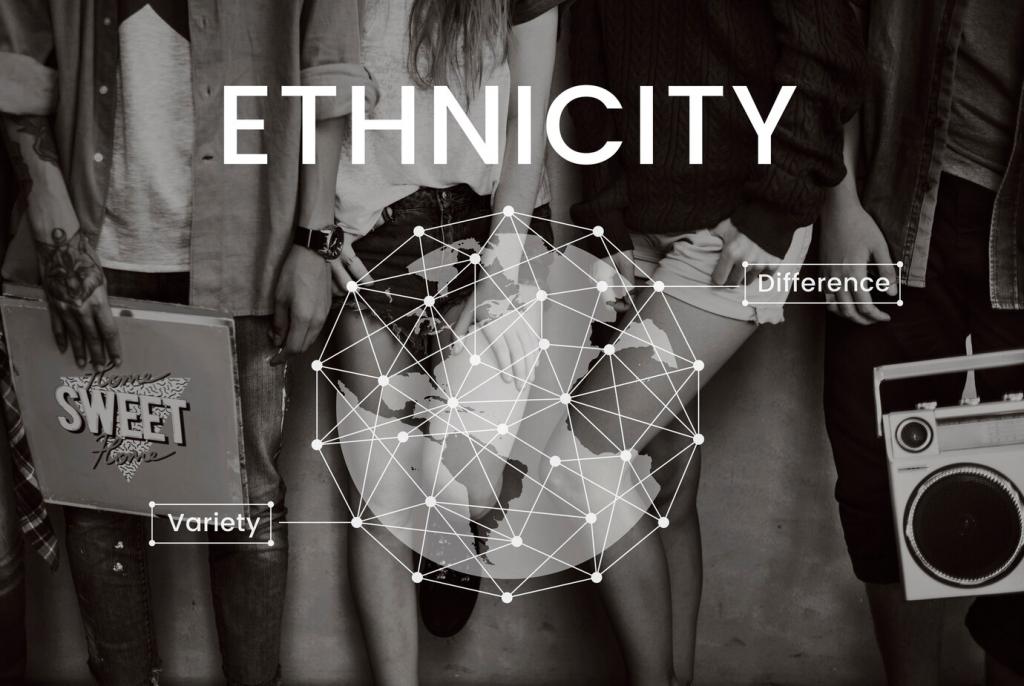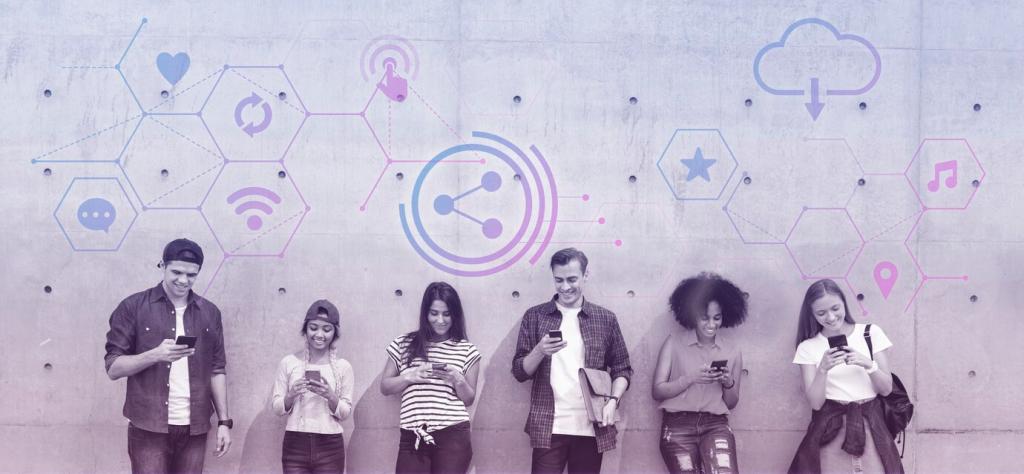Integrating Open Source Innovations into Coding Education
Expanding Access and Inclusivity through Open Source
Breaking Down Financial Barriers
Open source tools have significantly lowered the economic threshold for both institutions and individual learners. Unlike proprietary software, these resources are available at no licensing cost, allowing schools with limited budgets to introduce robust coding curricula. Students from diverse socioeconomic backgrounds are empowered to explore programming, experiment with various languages, and develop their technical skills. This inclusivity supports equity in education and helps close the skills gap in underrepresented communities, contributing to a broader and more diverse pool of future developers.

Enriching Curriculum with Real-World Projects

Hands-On Experience with Industry-Standard Tools
By adopting open source tools commonly used in professional environments, students gain familiarity with industry-standard practices and workflows. This early exposure bridges the gap between academic learning and workplace expectations, enabling learners to hit the ground running when they enter the job market. Students not only learn the theoretical foundations of coding, but also refine their practical problem-solving abilities in authentic contexts. As a result, graduates are more confident, competent, and competitive.

Contributing to Live Open Source Projects
Incorporating opportunities to contribute to ongoing open source projects equips students with collaborative skills, code review experience, and the chance to interact with developers worldwide. Engaging in these projects exposes learners to real coding challenges, codebase navigation, issue tracking, and project management. These experiences are often more dynamic and varied than traditional classroom exercises. By seeing their code integrated and used by others, students gain a sense of accomplishment and tangible proof of their growing expertise, strengthening their portfolios.

Developing Critical Soft Skills
The collaborative and distributed nature of open source communities inherently builds soft skills that are vital for modern developers. Students participating in these environments learn to communicate effectively in written, asynchronous settings, resolve conflicts constructively, and adapt to different working styles. They experience first-hand the value of clear documentation, constructive feedback, and community engagement. These abilities complement technical prowess and are highly sought after by employers, amplifying graduates’ career prospects and their long-term potential for leadership.
Fostering a Culture of Collaboration and Continuous Improvement
Building Collaborative Learning Environments
Open source initiatives encourage students and educators to work together in solving complex problems and creating valuable resources. By participating in collaborative projects, learners understand that coding is a social activity involving teamwork, feedback, and mutual support. This environment reduces isolation, increases motivation, and allows individuals to learn from diverse perspectives. It also mirrors the collaborative nature of real-world development teams, making the transition from classroom to industry smoother and more intuitive.
Embracing Open Feedback and Iteration
The open source model normalizes the practice of sharing work openly for peer review and constructive feedback. In coding education, this translates into students regularly showcasing projects, receiving critiques, and iterating on their work. This open feedback loop accelerates learning, fosters humility, and encourages a mindset focused on growth rather than perfection. Students experience how software evolves through continuous improvement, preparing them to contribute effectively to rapidly changing technological landscapes.
Cultivating Lifelong Learning and Adaptability
Open source communities are dynamic, constantly creating, refining, and replacing tools to keep pace with technological advancements. Students immersed in this environment develop a mindset of ongoing inquiry and adaptation. They learn to stay updated with new releases, documentation, and evolving best practices. This adaptability is essential for success in technology careers, where the ability to learn quickly and pivot confidently is often as important as existing expertise.
